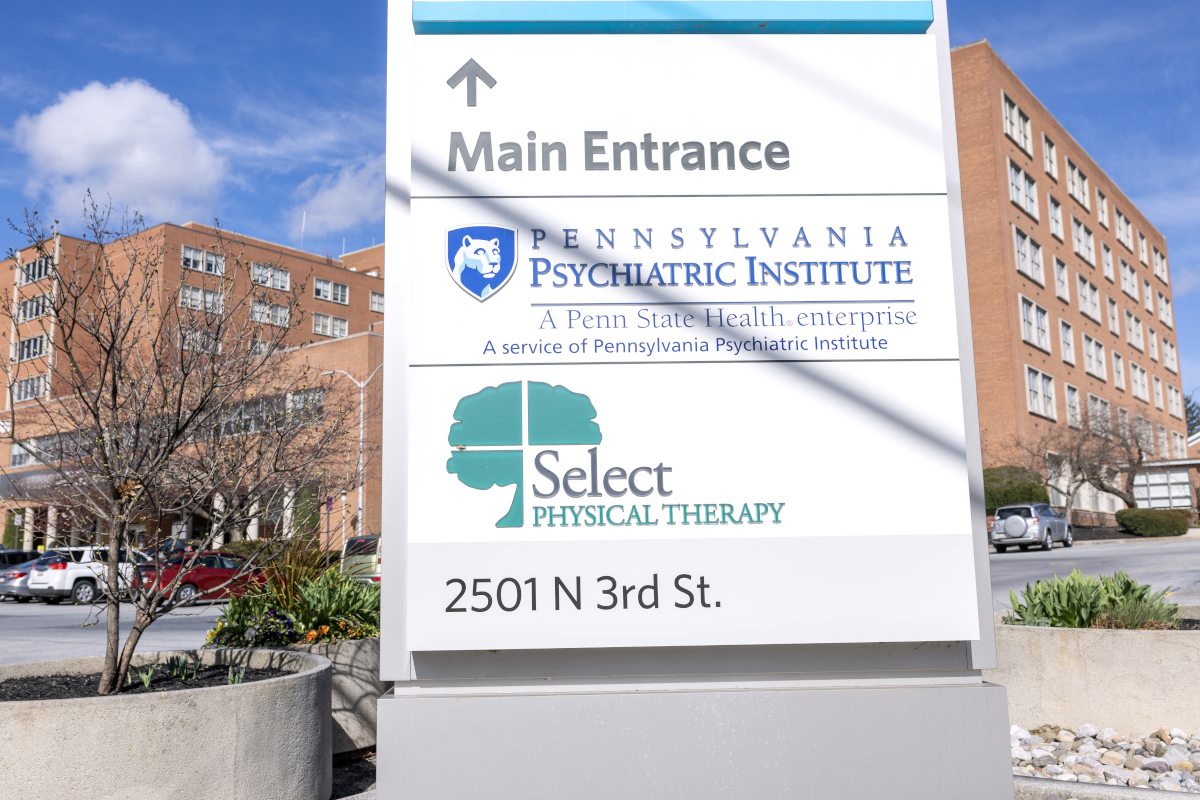Penn State Health explores future site options for Pennsylvania Psychiatric Institute

Health system anticipates decision by early summer. Move would occur in 2026.
As part of its steadfast commitment to delivering behavioral health services that are greatly needed in central Pennsylvania, Penn State Health is exploring the possibility of new locations for Pennsylvania Psychiatric Institute’s (PPI) inpatient and outpatient services.
The lease for PPI’s current location at 2501 North Third Street in Harrisburg will expire on May 31, 2026. To date, PPI has been unable to extend its lease and so must consider other site options in order to ensure continuity of services for PPI’s patients. Work on a new site will need to begin by late summer this year.
The potential new site options include renovating space at Penn State Health Holy Spirit Medical Center and identifying a new hospital site. Penn State Health is also seeking space for PPI’s outpatient psychiatric, behavioral health and addiction services.
“Now and in the future, we are committed to providing access to the same high-quality behavioral health services for which Pennsylvania Psychiatric Institute has long been known,” said Deborah Addo, president and chief operating officer of Penn State Health. “As we work toward making the decisions that are best for our community, we are guided by our mission to improve health and our vision to be Pennsylvania’s most trusted health care provider.”
Penn State Health expects to announce a decision on the future locations of PPI’s inpatient and outpatient services by early summer. The timing of the decision and starting construction later this year is based on the system’s commitment to continuing to provide vital, uninterrupted behavioral health services after May 2026.
Throughout the transition, Dr. Erika Saunders, chair of the Department of Psychiatry and Behavioral Health at Penn State Health Milton S. Hershey Medical Center, will coordinate the integration of all inpatient and outpatient physician and advanced practice provider teams.
“We are committed to making the transition as seamless as possible and to minimize any disruption of care and services for our patients and their families, clinicians, staff, educators, students and researchers,” Saunders said.
If you're having trouble accessing this content, or would like it in another format, please email Penn State Health Marketing & Communications.
